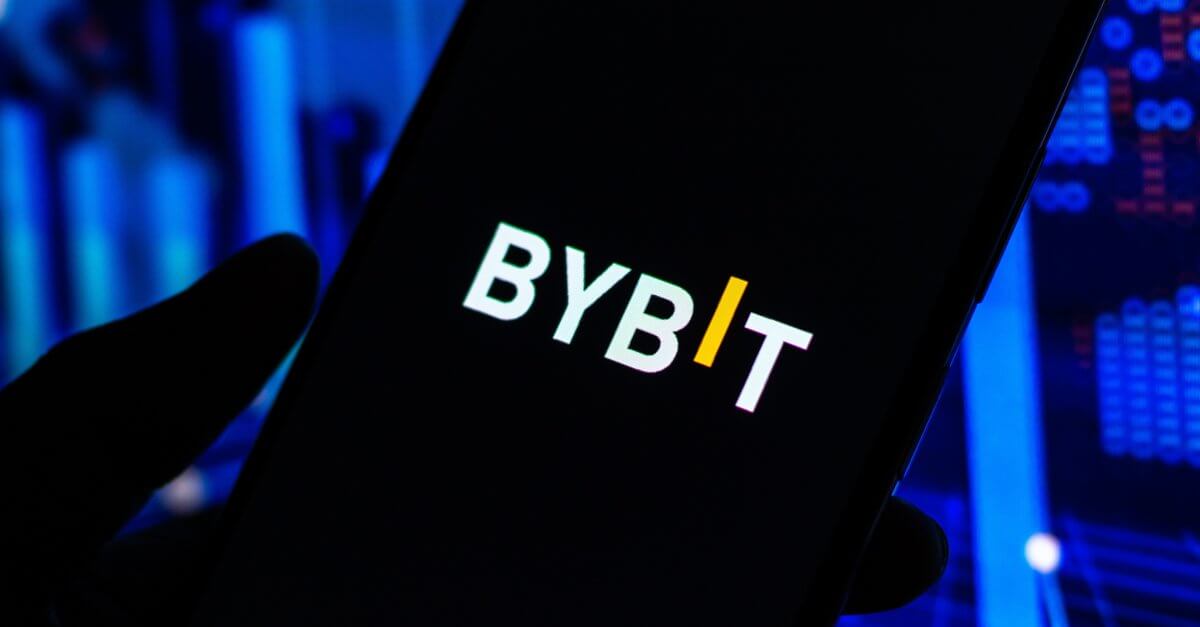Bybit Offers Record Bounty to Recover Stolen $1.4 Billion
22.02.2025 19:45 2 min. read Alexander Stefanov
Bybit is taking an aggressive approach to recovering funds after suffering the largest exchange hack in crypto history.
The platform has unveiled a bounty program that promises security researchers 10% of any recovered assets. If the full $1.4 billion loss is retrieved, payouts could reach an unprecedented $140 million.
CEO Ben Zhou expressed confidence in Bybit’s ability to recover from the attack, vowing to overhaul security measures and strengthen liquidity. The exchange is inviting experts to contribute to the effort, offering direct contact through a dedicated email for those interested.
Blockchain investigators have already identified the attackers. Crypto researcher ZachXBT linked the breach to the Lazarus Group, a North Korean hacking collective notorious for high-profile cyber thefts. In response, Arkham Intelligence rewarded him with 50,000 ARKM tokens. Reports indicate that Lazarus has started laundering stolen Ethereum, with at least $13.7 million already in motion.
Some progress has been made in freezing and recovering funds. mETH Protocol intercepted a $43.5 million transaction, securing the assets, while Tether blocked $181,000 in USDT linked to the hack. However, reclaiming a significant portion of the stolen crypto remains a major challenge.
Lazarus Group has a long track record of executing multimillion-dollar crypto heists, including the $600 million Ronin Network attack. Despite some successful asset recoveries in past cases, the group continues to evade authorities, reportedly using stolen funds to finance North Korea’s weapons programs. While Bybit’s bounty may incentivize progress, recovering the majority of the stolen funds remains uncertain.
-
1
Here is Why the Fed May Cut Rates Earlier Than Expected, According to Goldman Sachs
08.07.2025 15:00 2 min. read -
2
What Brian Armstrong’s New Stats Reveal About Institutional Crypto Growth
29.06.2025 15:00 2 min. read -
3
Vitalik Buterin Warns Digital ID Projects Could End Pseudonymity
29.06.2025 9:00 2 min. read -
4
Donald Trump Signs “One Big Beautiful Bill”: How It Can Reshape the Crypto Market
05.07.2025 9:56 2 min. read -
5
Market Odds of a U.S. Recession in 2025 Drop in Half Since May
05.07.2025 18:30 2 min. read
BitGo Files Confidentially for IPO With SEC
BitGo Holdings, Inc. has taken a key step toward becoming a publicly traded company by confidentially submitting a draft registration statement on Form S-1 to the U.S. Securities and Exchange Commission (SEC).
Crypto Greed Index Stays Elevated for 9 Days — What it Signals Next?
The crypto market continues to flash bullish signals, with the CMC Fear & Greed Index holding at 67 despite a minor pullback from yesterday.
U.S. Public Pension Giant Boosts Palantir and Strategy Holdings in Q2
According to a report by Barron’s, the Ohio Public Employees Retirement System (OPERS) made notable adjustments to its portfolio in Q2 2025, significantly increasing exposure to Palantir and Strategy while cutting back on Lyft.
Key Crypto Events to Watch in the Next Months
As crypto markets gain momentum heading into the second half of 2025, a series of pivotal regulatory and macroeconomic events are poised to shape sentiment, liquidity, and price action across the space.
-
1
Here is Why the Fed May Cut Rates Earlier Than Expected, According to Goldman Sachs
08.07.2025 15:00 2 min. read -
2
What Brian Armstrong’s New Stats Reveal About Institutional Crypto Growth
29.06.2025 15:00 2 min. read -
3
Vitalik Buterin Warns Digital ID Projects Could End Pseudonymity
29.06.2025 9:00 2 min. read -
4
Donald Trump Signs “One Big Beautiful Bill”: How It Can Reshape the Crypto Market
05.07.2025 9:56 2 min. read -
5
Market Odds of a U.S. Recession in 2025 Drop in Half Since May
05.07.2025 18:30 2 min. read


